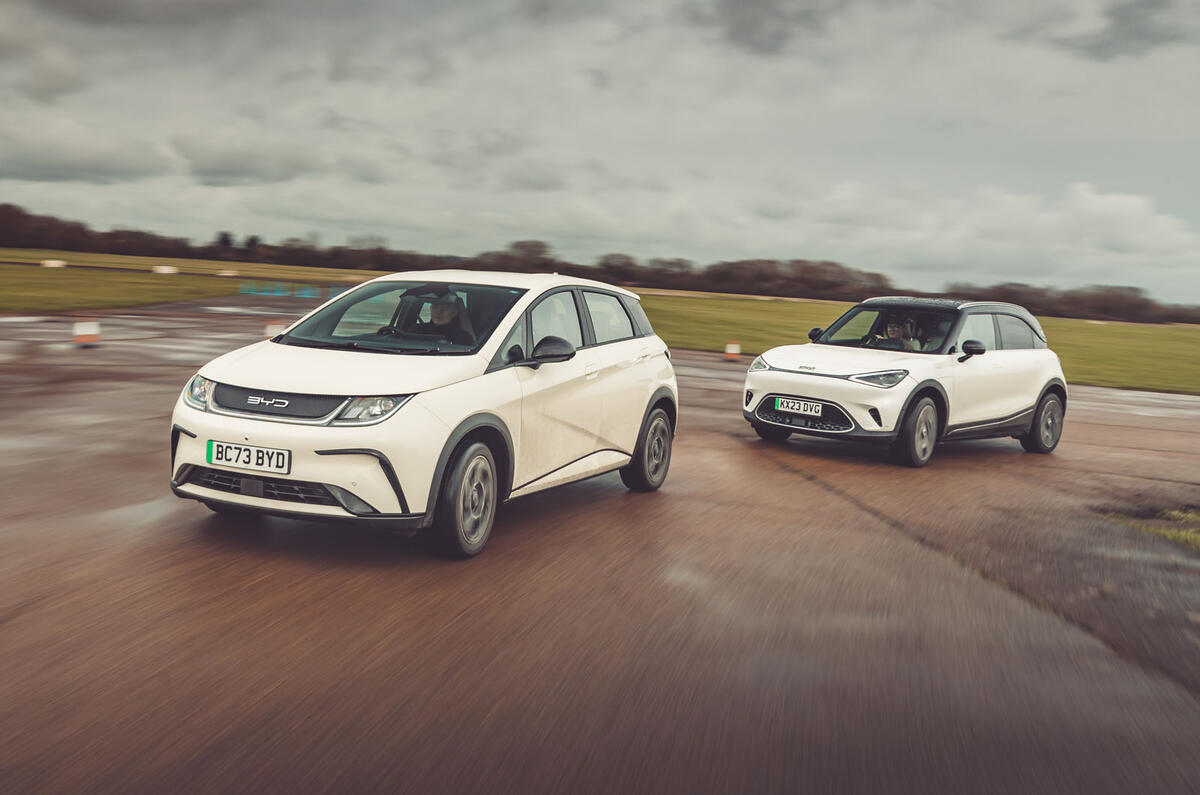EVs manufactured in Asia, including in China, are expected to be excluded from new UK electric car purchase incentives once strict new criteria is applied, including penalising battery manufacturing in countries with carbon-intensive grids.
The Electric Car Grant is backed by £650 million of government funding and will knock up to £3750 off the price of a new EV.




Add your comment